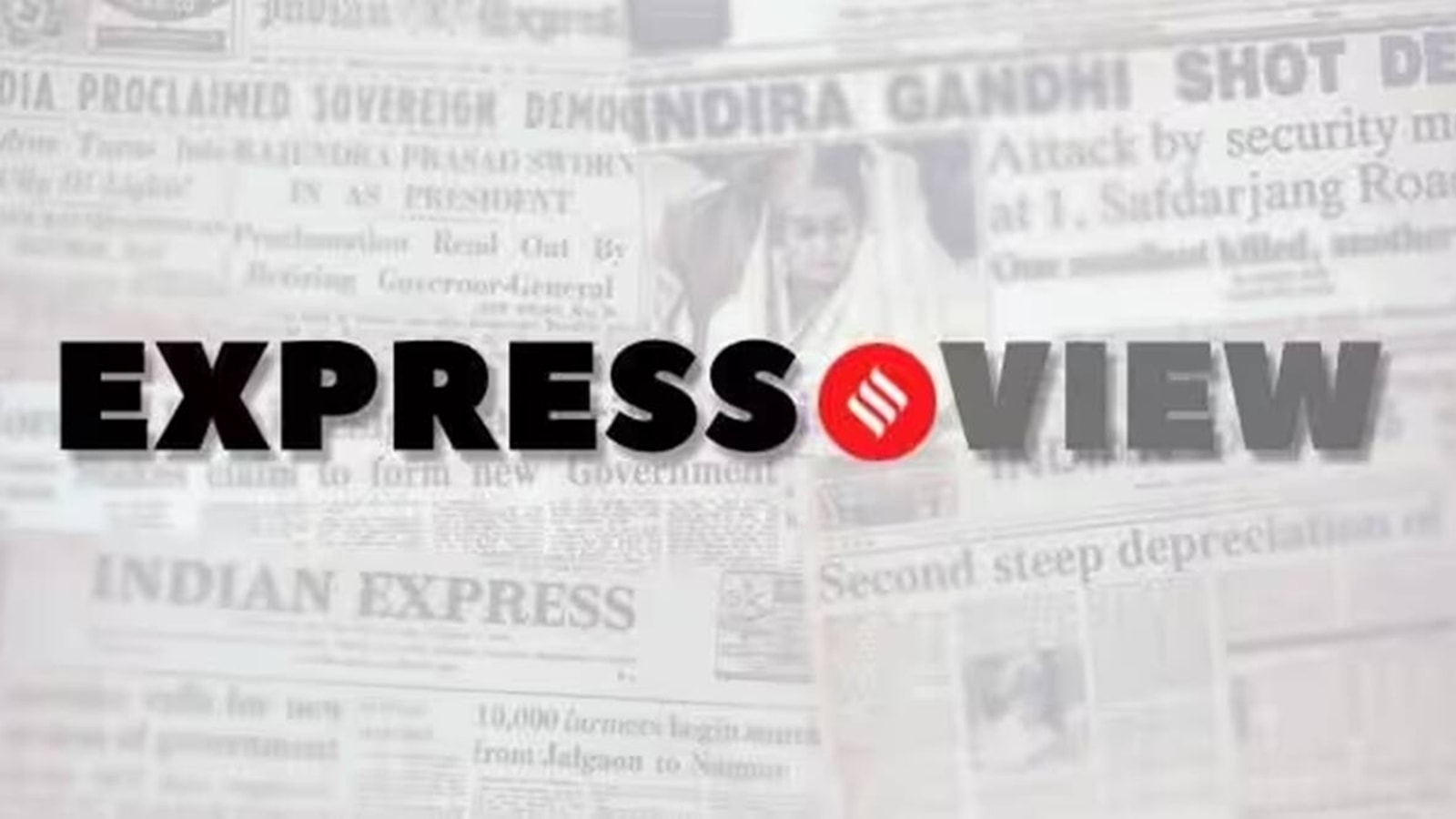
Dec 30, 2024 07:18 IST First published on: Dec 30, 2024 at 07:18 IST
In August 2021, there was a barely disguised triumphalism in Rawalpindi and Islamabad after the US withdrawal from Afghanistan and the swift takeover of the country by the Taliban. Then PM Imran Khan had said that the Taliban’s return marked the Afghan people “breaking the shackles of slavery” and there was talk from senior members of the government about the “creation of a new bloc” in the region. The clashes between the two countries on Pakistan’s western border — Afghanistan retaliated with strikes across the Durand Line after Pakistan targeted what it called hideouts for militants in the former — mark a deterioration of ties and the deepening of instability in an already volatile region.
There has been an intensification of insurgencies in both Balochistan and Pashtun territories. The Pakistan Army, which has long fostered militant groups to deploy against India, faces significant challenges to its authority. It has accused Kabul of sheltering the Tehrik-e-Taliban Pakistan (TTP) and trying to foment insurgency in parts of Pakistan. The Taliban does not recognise the Durand Line — it continues to refer to it as “hypothetical”. The Pashtun people continue to suffer at the hands of extremists and Rawalpindi’s counter-terrorist operations. The Pakistan state’s refusal to engage with the Pashtun Tahafuz (self-respect) Movement (PTM) — the organisation was banned earlier this year — and take seriously the grievances of the community only make a peaceful, constructive dialogue more difficult. The fact is that at the current moment, the Pakistan Army and the government have their backs to the wall. The country has gone through a sustained economic crisis, and the insurgency in Balochistan is a threat to the security of Chinese-backed projects. It has also had border clashes with Iran.
For long, the Pakistan state has sought “strategic depth” on its western front vis-a- vis its conflict with India. At a time when the focus must be on economic reforms and expanding state capacity, the army seems to be sinking deeper into the morass of its own making. Land-locked Afghanistan, facing sanctions and with a regime that is not officially recognised by much of the world may need Islamabad’s support for the time being. However, Rawalpindi and Islamabad would be ill-advised to underestimate the depth of the grievances of the Pashtun, who have suffered for the better part of five decades. Military force can only be one aspect of dealing with an insurgency. The degree of maturity with which Pakistan deals with the current unrest and violence will be watched closely in New Delhi. That may well be among the defining elements for both regional security and bilateral ties.
Why should you buy our Subscription?
You want to be the smartest in the room.
You want access to our award-winning journalism.
You don’t want to be misled and misinformed.
Choose your subscription package


